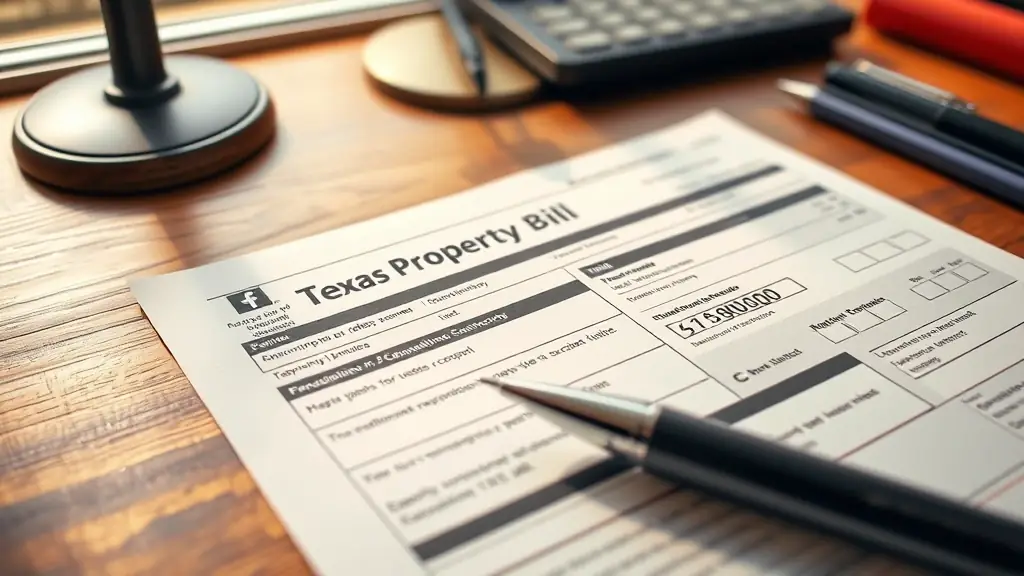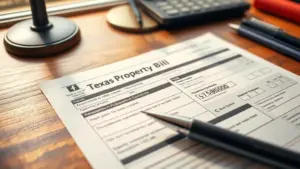Property taxes are a significant expense for homeowners in Texas, and understanding the system is crucial for budgeting and financial planning. Texas has a unique property tax system, with rates varying depending on the county, city, and school district. It’s important to research the tax rates in your area before buying a home. Understanding how your property is assessed and how taxes are calculated can help you avoid surprises.
Property taxes in Texas are based on the assessed value of your home, which is determined by the local appraisal district. You have the right to protest your property’s assessed value if you believe it is too high. The protest process involves gathering evidence to support your claim and presenting it to the appraisal district. Successfully protesting your assessment can result in significant tax savings.
Several exemptions are available to Texas homeowners, including homestead exemptions for primary residences and exemptions for seniors and disabled veterans. These exemptions can reduce your taxable value and lower your property tax bill. Be sure to apply for all eligible exemptions to minimize your tax burden. Staying informed about property tax laws and regulations is essential for managing your homeownership costs effectively.



